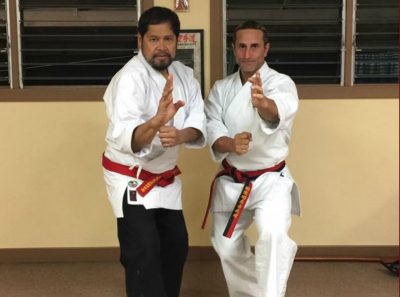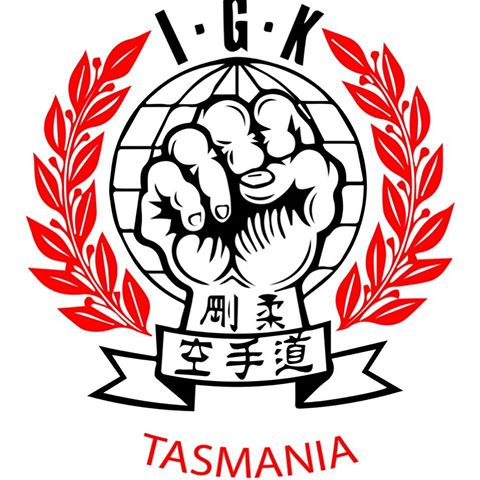Many older adults experience a decrease in their cognitive and perceptual abilities. Participating in physical activities, such as martial arts, may slow this decline.
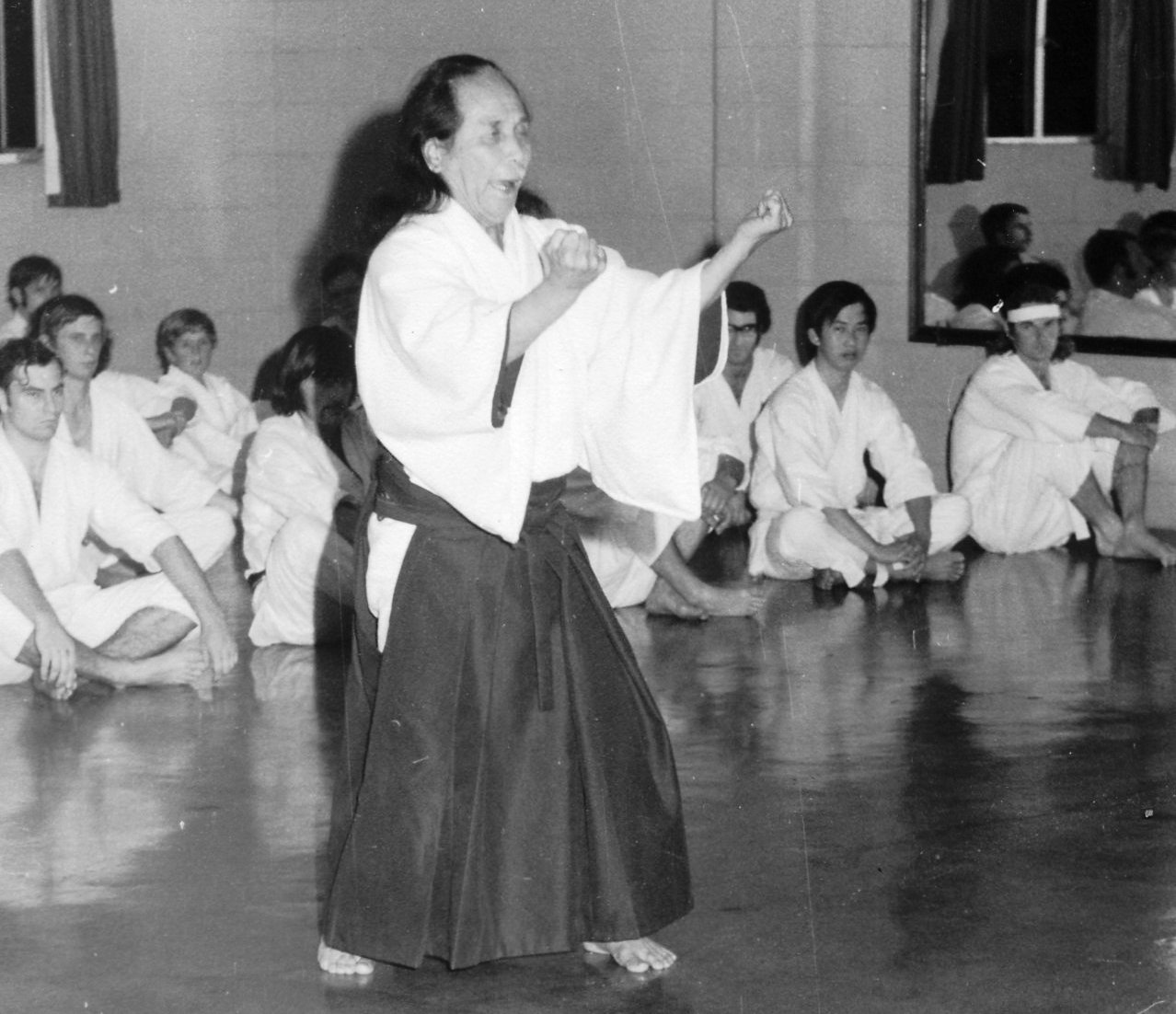
What you do in your early adult years can have major repercussions on the health of your brain. Making good lifestyle choices early on can prevent your cognitive abilities from declining as you age. Staying away from drugs, alcohol and smoking can mean a world of difference.
While sadly, there’s still no cure for Alzheimer’s, there are a number of ways to help slow down, maybe even reverse, its symptoms by engaging in brain-healthy activities that protect the brain and urges brain cells to become more active and alert.
Martial arts is generally associated with the belief that one requires a good level of physical strength, but those who take up training also need to develop an incredible amount of mental acuity.
While action movies popularise high flying kicks, speed and strength, it is easy to forget about the coordination, balance, agility and memory one needs to bring it all together – this is very much a brain exercise.
It’s so easy at any age to say “I could do that when I was younger – things have changed.” Why not consider how much you can improve in your advancing years and how to slow down the decline in brain function?
1. Stay socially active
There’s no denying how fun it is doing activities with your friends, or even going to new places and meeting new people. We are social creatures. When you connect with others, even through a simple smile or hand shake, your brain releases the happy hormone known as oxytocin. This elevates your mood, reduces stress and boosts cognitive functions.
2. Step outside your comfort zone
As we age, we become stuck in a certain routine. Adults don’t like trying new things, in general, which could be a reason why our brains start shrinking as we age. As kids, we always enjoyed trying new activities and doing things we’ve never done before, but as we grow older, trying new things makes us more uncomfortable and we fear rejection and embarrassment which reduces brain stimulation and increases cognitive decline.
3. Exercise, eat, sleep
Getting regular exercise comes with many benefits; physical, emotional and most importantly, mental. It can improve mental processing speed, memory while slowing down, even reversing, cognitive impairment.
And exercising doesn’t necessarily mean high-intensity, hours on end, rigorous movements. It could be a simple 30-minute walk, going for a swim, gardening, doing yoga or slow kata. The point is to keep your muscles engaged and your blood pumping for no less than half an hour.
Maintain a well-balanced diet of fruits, vegetables, protein, whole wheat and omega-3 fatty acids. Try to stay away from foods high in sugar, carbohydrates and trans fats. Studies show that there are foods that improve brain health are avocado, olive oil, spices such as turmeric, curry and ginger, nuts and berries since they’re rich in phytochemicals which are loaded with antioxidants and anti-inflammatory properties.
They promote good health and can slow the decline in memory function by aiding the metabolism process of glucose in the brain. It also boosts cognitive signals. Drinking 2 and a half cups of blueberry juice or concord grape juice daily for 12 weeks consecutively has proven to prevent, even reverse, cognitive impairment and neuronal functioning.
We all should be getting, on average, 8 hours of quality sleep each night. If you get less than 7 hours of sleep at night, that could increase your risk of cognitive decline in the long run. What you do in your early adulthood years can have a serious effect on your brain health as you age – it’s all connected.
A review of observational studies carried out in 2014 states that, “healthy sleep appears to play an important role in maintaining brain health with age, and may play a key role in Alzheimer’s disease prevention.”
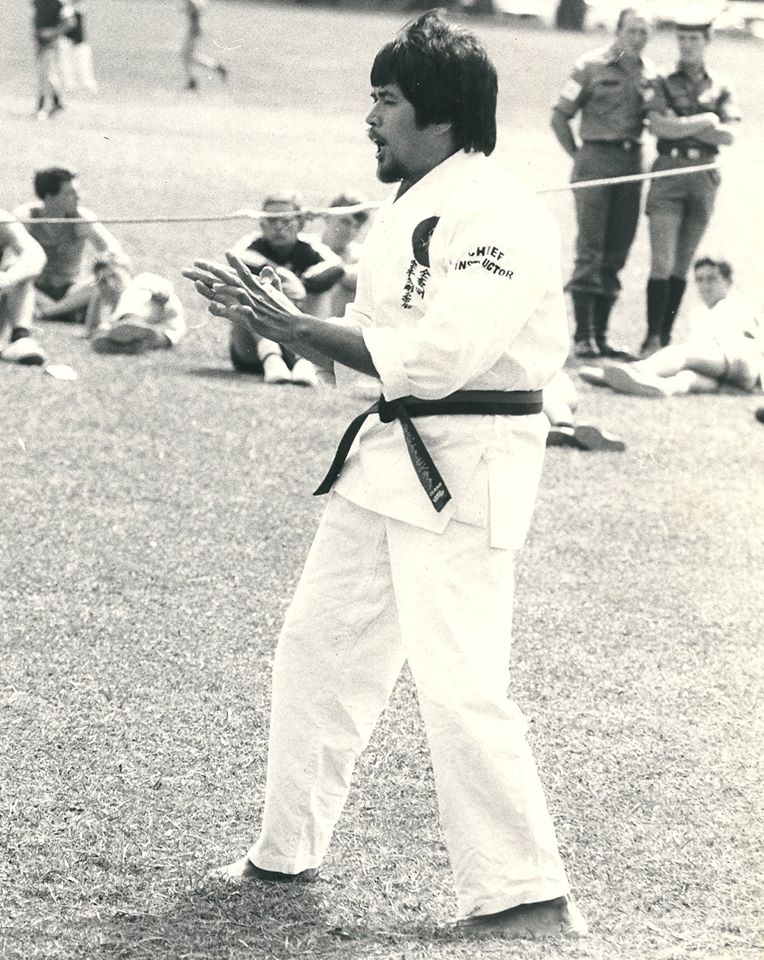 4. Listen to music.
4. Listen to music.
Music engages the right side of the brain, allowing you to focus more on what you’re doing rather than letting your mind wander. It also reduces stress and anxiety. What’s even interesting is that setting words to music improves memory and concentration skills. It also boosts brain processes and can even reverse Alzheimer symptoms. Why not perform kata to music too?
5. Play games
Your brain needs exercise too to stay young and fit. Mental activities slow down cognitive decline and increases focus and concentration. And now there’s an endless array of mental puzzles to choose from. You can buy them at bookstores, play on your phone or tablet. Even adding up your grocery bill in your head is a great way to keep your brain pumped and alert.
Reading, learning a new language or playing a musical instrument are great examples of activities that keep your brain operating at its best. Another great way to create new brain pathways is to try something new, like taking a different route to work or write with your non-dominant hand. Your brain wants to be challenged, so why not give it what it wants.
Try reciting the dojo kun or naming all your stances, blocks, strikes and kicks in Japanese while you perform your kihon ido and katas.
Regular physical activity is good for your health, decreasing the risk of cardiovascular and neurodegenerative diseases and prolonging life.
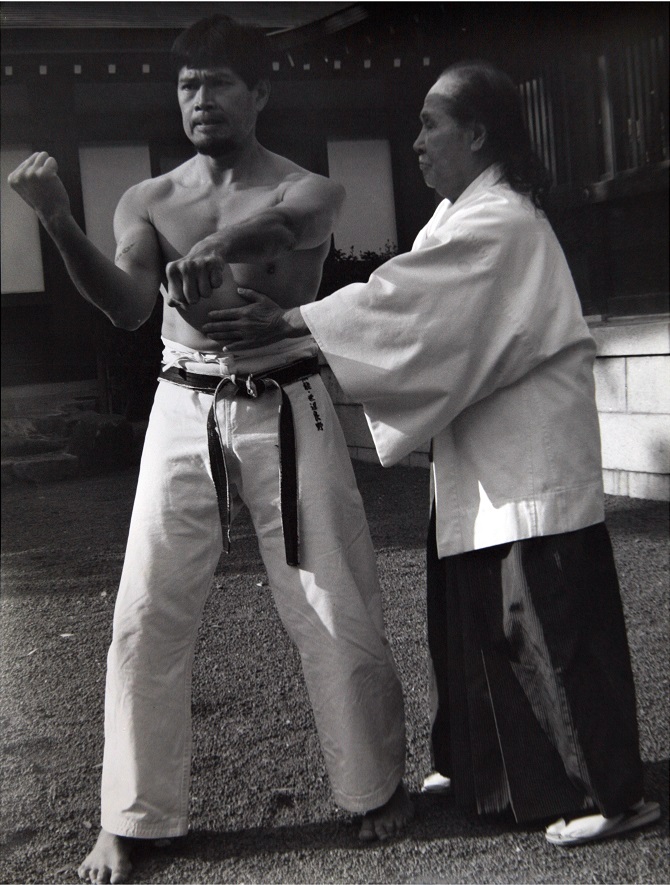 However, many scientific studies have shown that it can also delay the type of cognitive decline normally seen with aging. Older adults who are more active, participating in activities ranging from walking to sports or martial arts, have better verbal learning and memory than sedentary adults of the same age. These effects can be seen immediately after the end of the exercise, but the improvements are usually largest when they participate in regular physical activity.
However, many scientific studies have shown that it can also delay the type of cognitive decline normally seen with aging. Older adults who are more active, participating in activities ranging from walking to sports or martial arts, have better verbal learning and memory than sedentary adults of the same age. These effects can be seen immediately after the end of the exercise, but the improvements are usually largest when they participate in regular physical activity.
Martial arts, such as judo and karate, are fast moving sports which often require participants to take notice of events happening in their peripheral vision. Several studies have found that older adults who practice martial arts have improved visual and spatial cognition. For example, judo and karate practitioners had better peripheral vision and were better at resolving details on moving objects when compared to sedentary adults of the same age.
Overall, activities that require both aerobic exercise and coordination seem to be more effective at protecting cognitive function. Simpler exercises such as stretching or balancing may be slightly less effective. Adding some sort of mental component to the activity seems to increase the beneficial effect.
We are all aware that exercise generally has many benefits, such as improving physical fitness and strength. But what do we know about the effects of specific types of exercise? Researchers have already shown that jogging can increase life expectancy, for example, while yoga makes us happy. However, there is one activity that goes beyond enhancing physical and mental health – martial arts can boost your brain’s cognition too.
Scientific research indicates that regular participation in physical activities can slow down some of the harmful cognitive changes that we may experience as we age.
Whether swimming, practicing martial arts, fitness training, or other regular exercise, staying active will help keep your memory sharp and your perceptual skills intact. The key benefits appear to be greater stress management, enhanced emotional well-being, improved attention and improved memory.
Those of us who have trained do not find it hard to imagine why learning long sequences of kata moves, pre-arranged sparring and following instructions in another language challenges the brain keeping us more focused and alert. It’s really like chess or sudoku in pushing our concentration to its limits.
There is far more to martial arts than its traditional roles.
Though they have been practised for self-defence and spiritual development for many hundreds of years, only relatively recently have researchers had the methods to assess the true extent of how martial arts affects the brain.
There are a such a huge range of martial arts, some more gentle and meditative, others combative and physically intensive. But this only means that there is a type for everyone, so why not give it a go and see how you can boost your own brain using the ancient practices of martial arts.
While it’s a normal part of life to experience a slight decline in our mental abilities as we age, we have the ability to slow it down. It’s never too early to start, no matter where you are in life, so you can keep your brain healthy, so you can age gracefully and enjoy every minute of it. I.G.K. VIC Headquarters has many mature age students at varying levels of experience who commit to investing in their well-being by regular training – why not get in touch with us?
References
1) Muiños, M. & Ballesteros, S. Does physical exercise improve perceptual skills and visuospatial attention in older adults? A review. European Review of Aging and Physical Activity 15, 2 (2018).
2) Comparing the effectiveness of karate and fitness training on cognitive functioning in older adults. Journal of Sport and Health Science 5(4) · September 2015.


